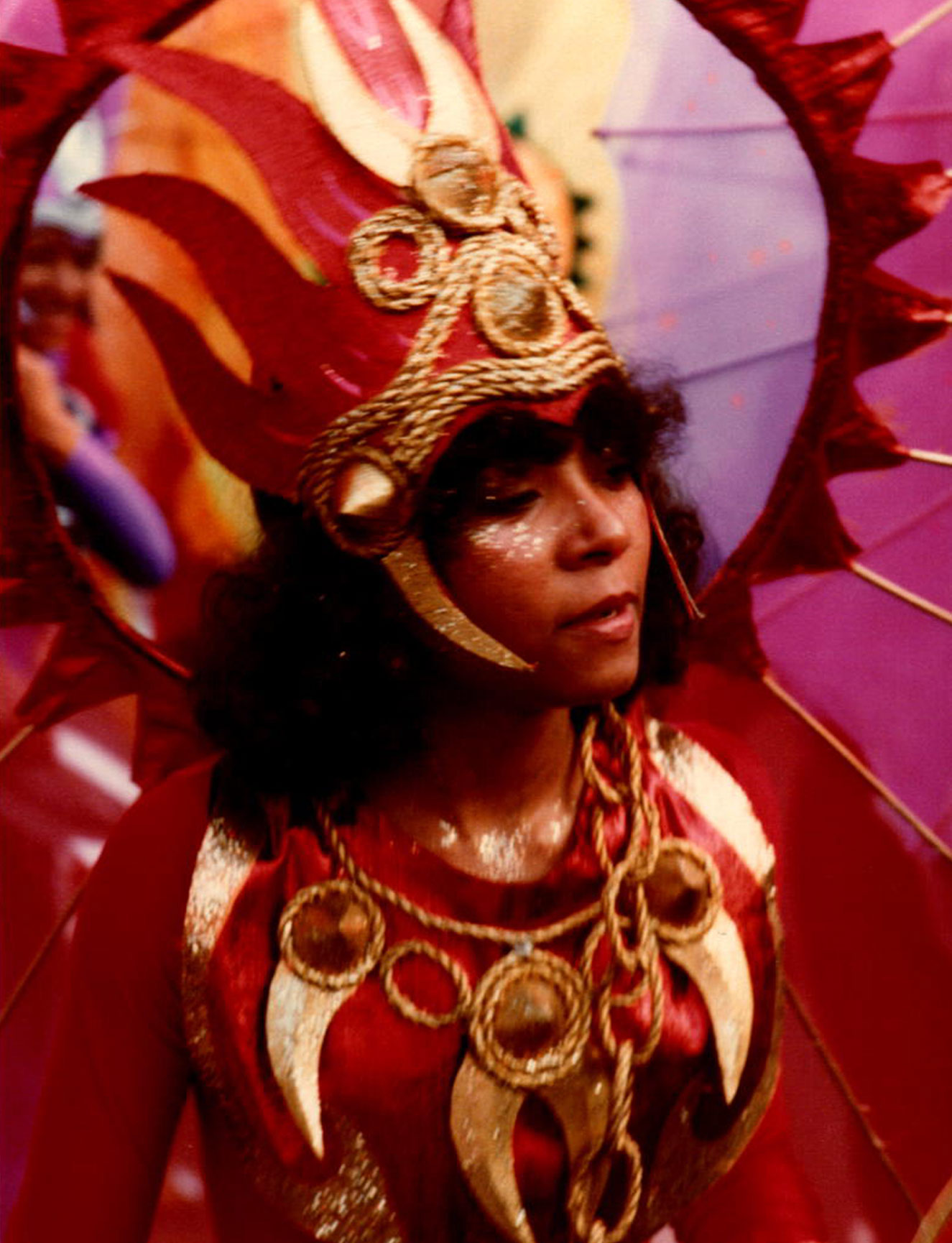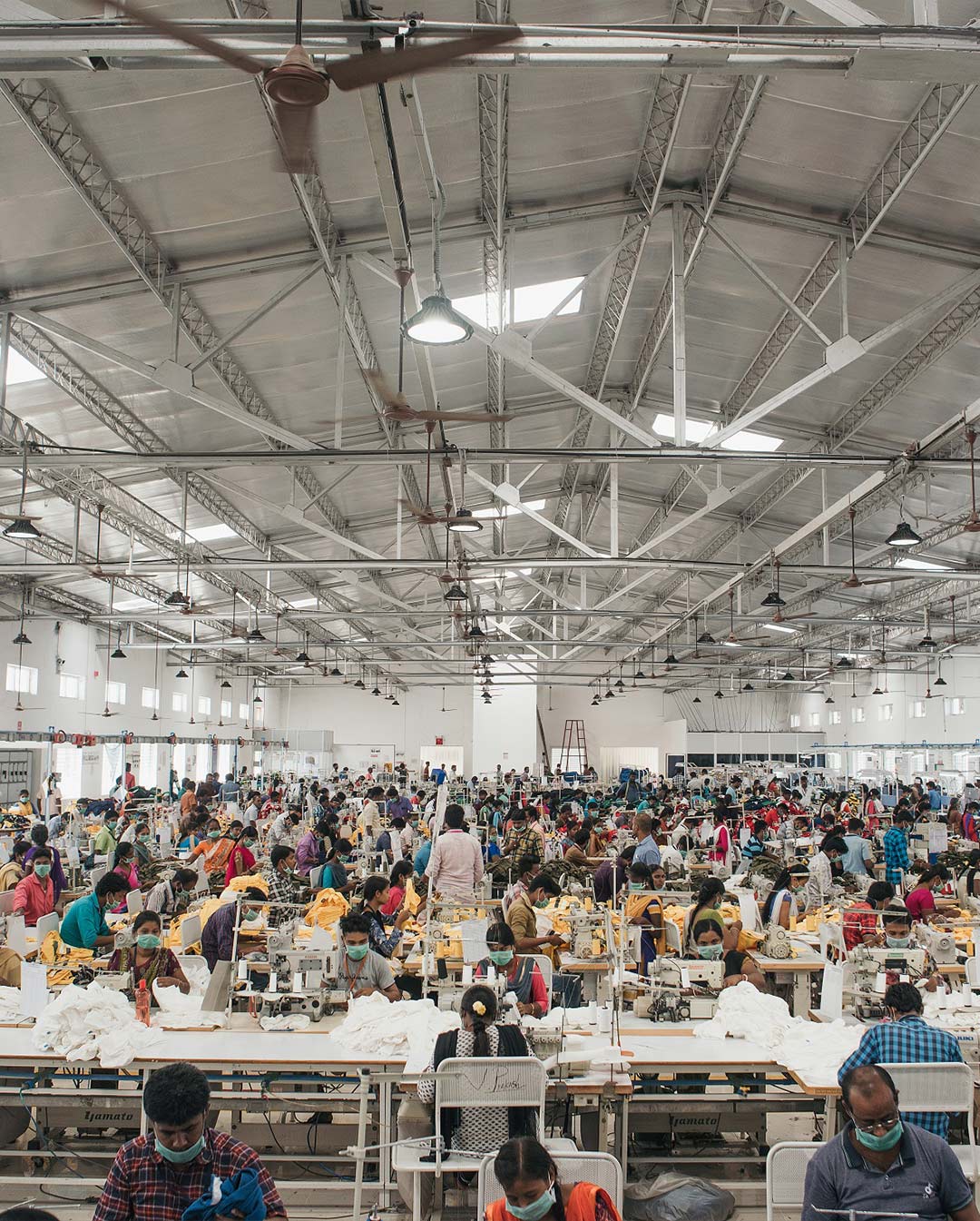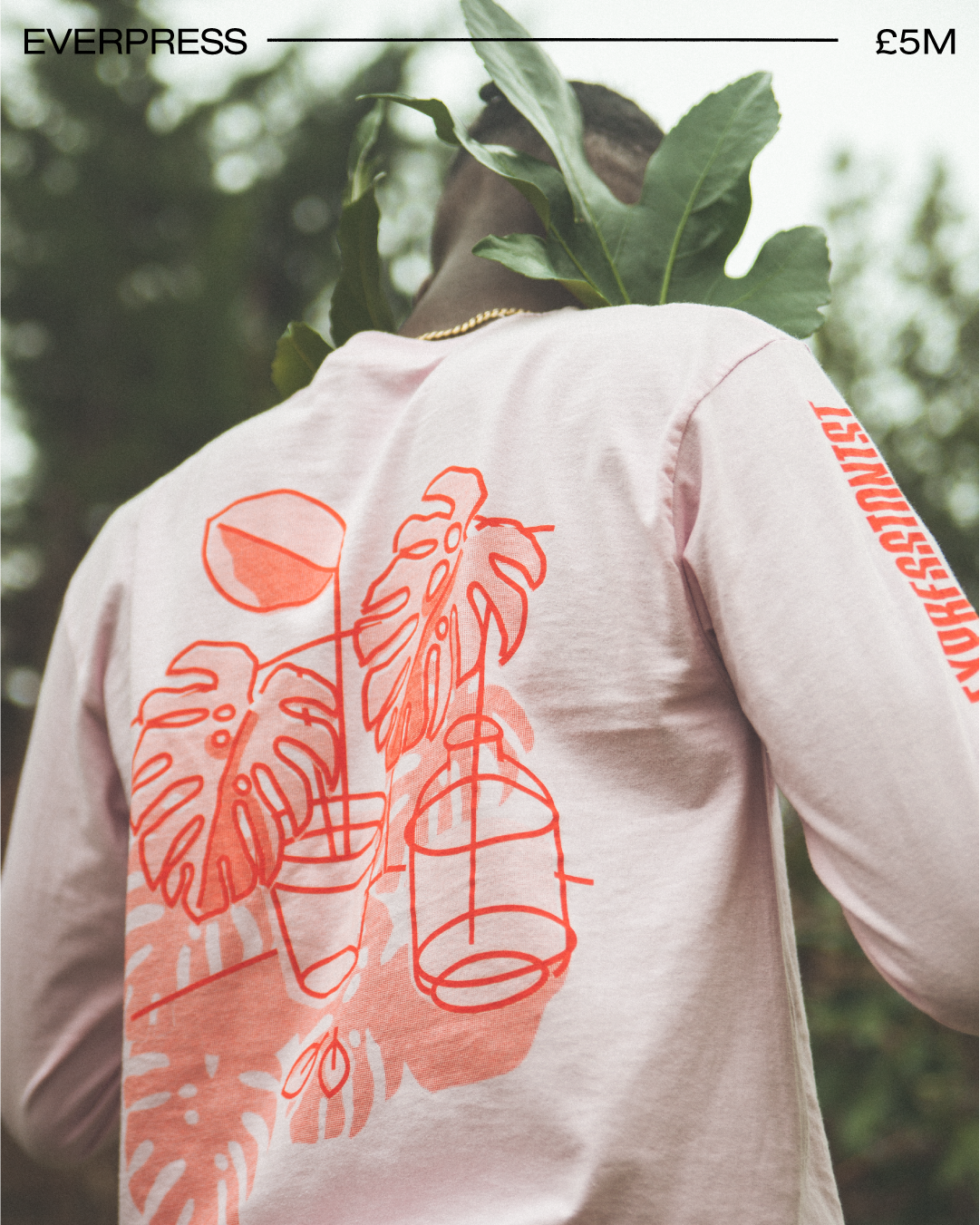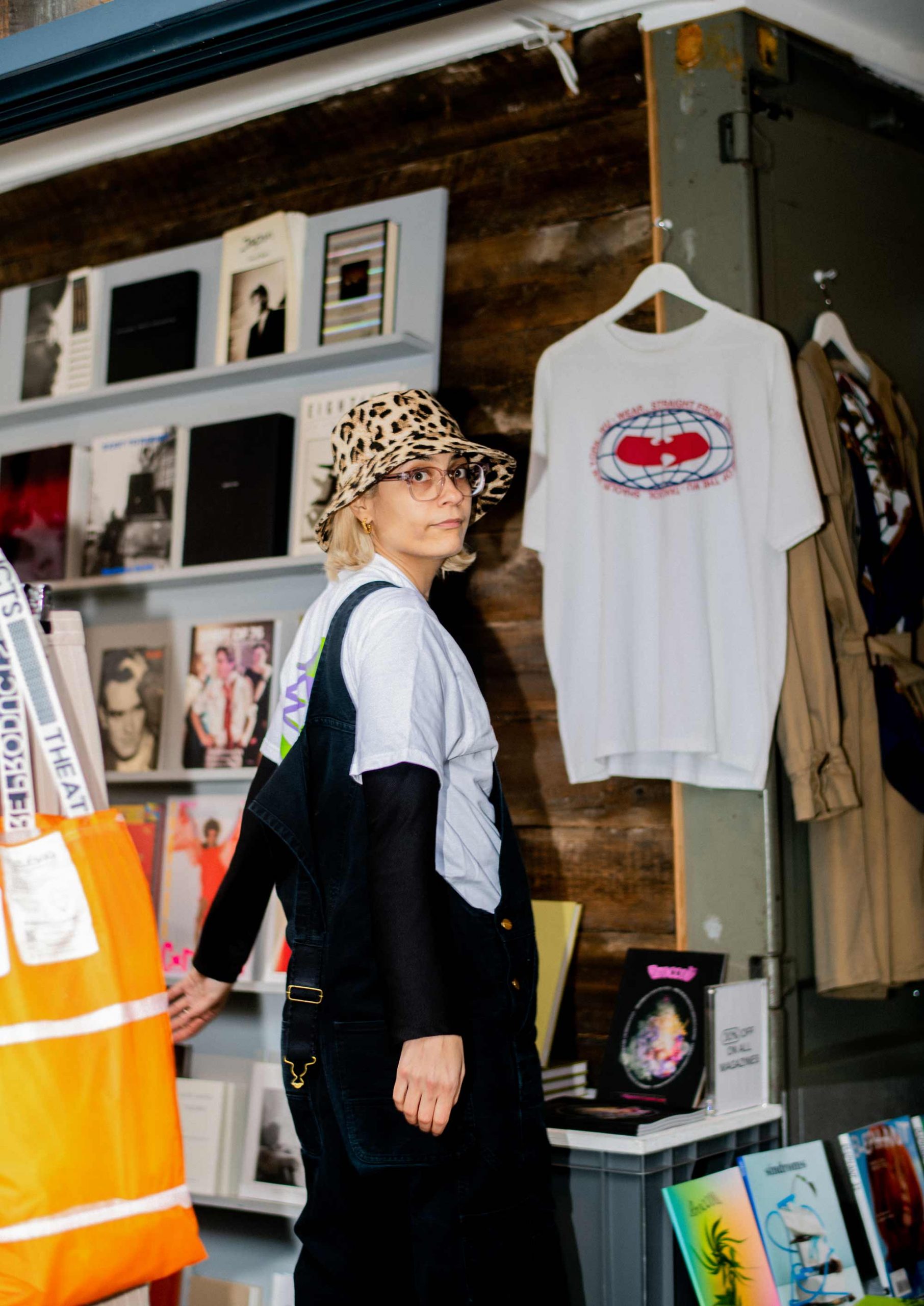As Clary Salandy sees it, carnival is in her blood. Growing up in Trinidad in the ‘70s, the festival was an integral part of life. “It’s in the culture, my mum and dad, everybody took part in carnival,” she says. “As a child there’d be costumes under the bed from when my mum and dad had brought their costumes home from carnival. And my father used to take us to carnival, to the drag, which is a backstage area for the king and queen’s show, so we’d see all the big costumes being made, and the people getting made up.”
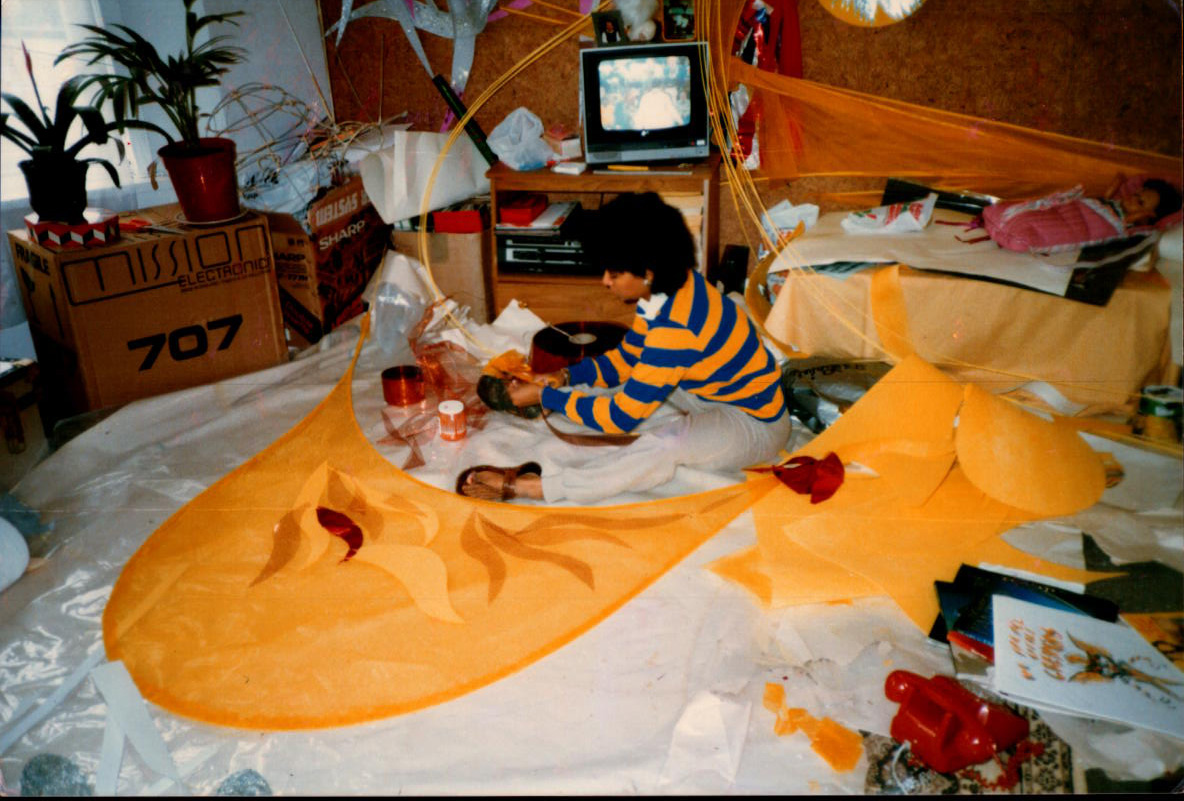
When she moved to London aged 15 to study, carnival held its place in her mind – “I did go to do theatre design at college, but I went there knowing that my interest was going to be in carnival.” Her initiation to Notting Hill Carnival came in the mid ‘80s, when the designer, by now in her early twenties, was selected to help with costumes for the Cocoyea band.
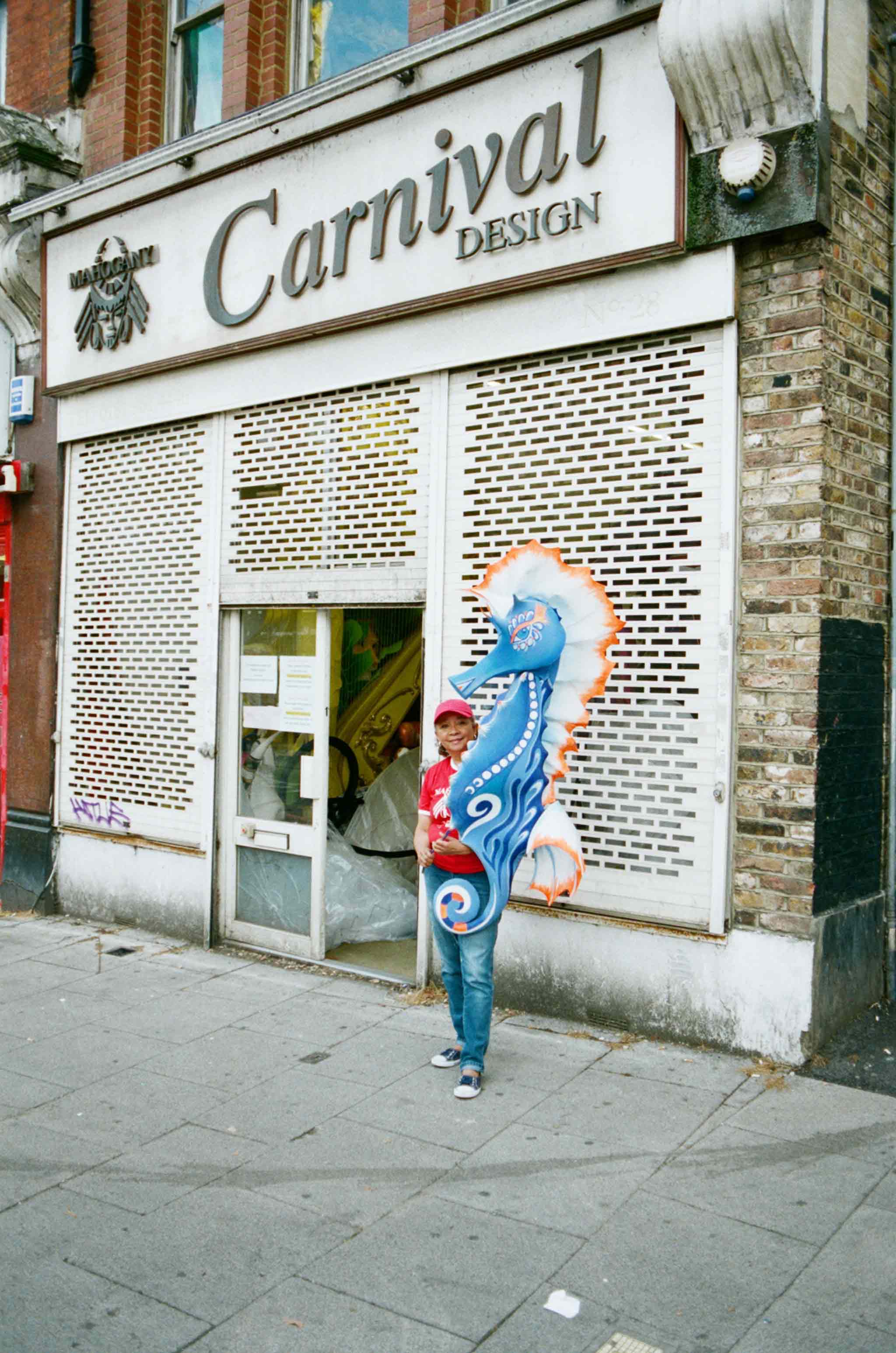
Though she was on the making team, she quickly realised she wanted to be there for the whole experience. “At the end of the day, when everybody was standing there in their costumes, and all the people who had been helping were in their costumes too, I said, “Oh! And there’s one extra costume just sitting there!” So I jumped into it,” she says. “It was a no brainer after that, no turning back! Carnival was in the blood forever then. Fantastic feeling that, when you stand in your costume. It’s totally incredible.”
Carnival was in the blood forever then
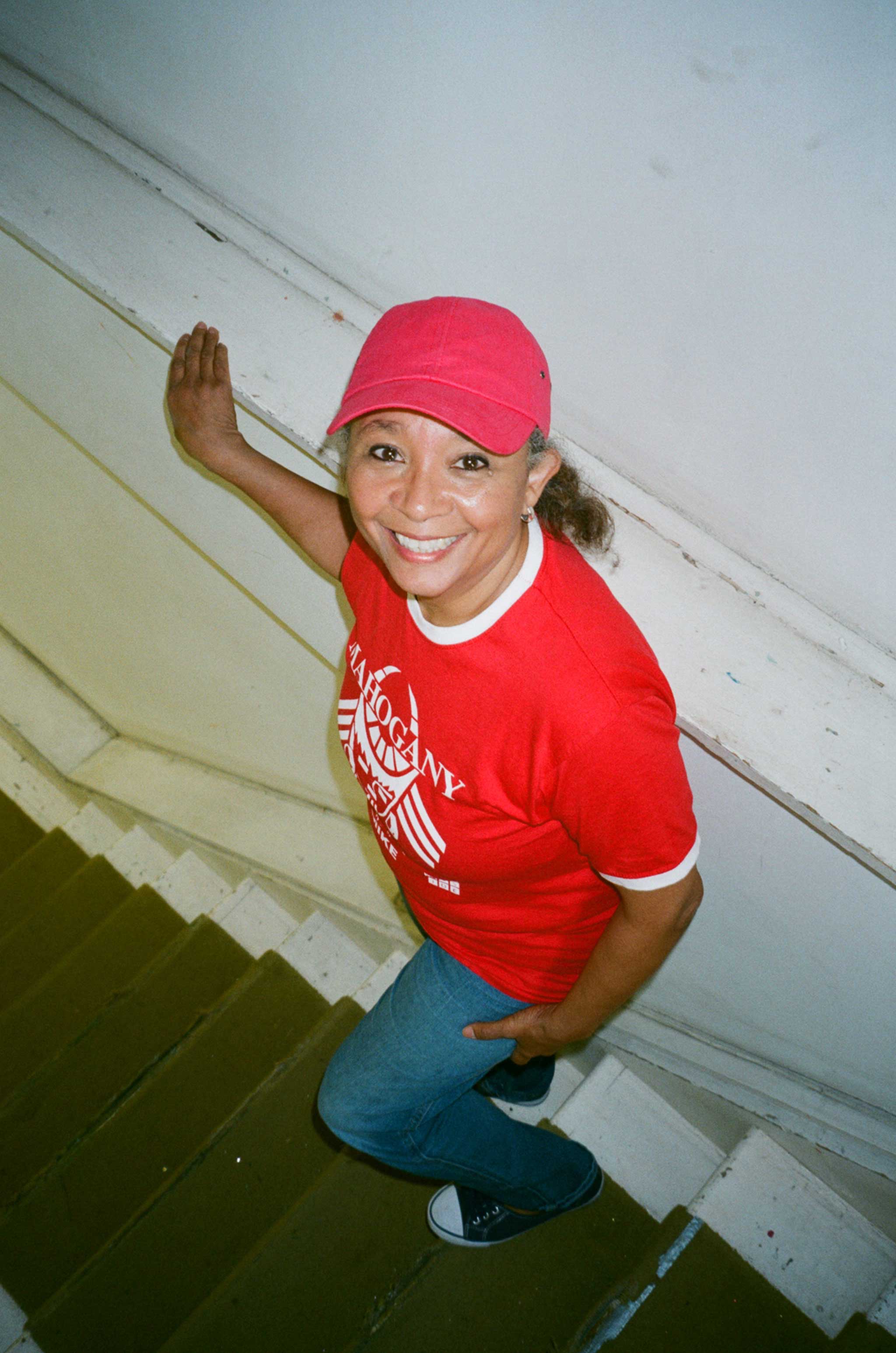
Joining carnival at the time she did gave her a unique perspective, both as someone who’d experienced the celebration first hand in her native Trinidad, and as someone younger who overlapped with the earliest carnival pioneers. “It was interesting to be able to rediscover your culture amongst other people who had established it here,” she says. “The carnival founders had all come over in the late ’50s and early ‘60s, while I came in the ‘70s. They did things like picketing the arts council so they could get funding, and we owe them such a gratitude for what they did.”
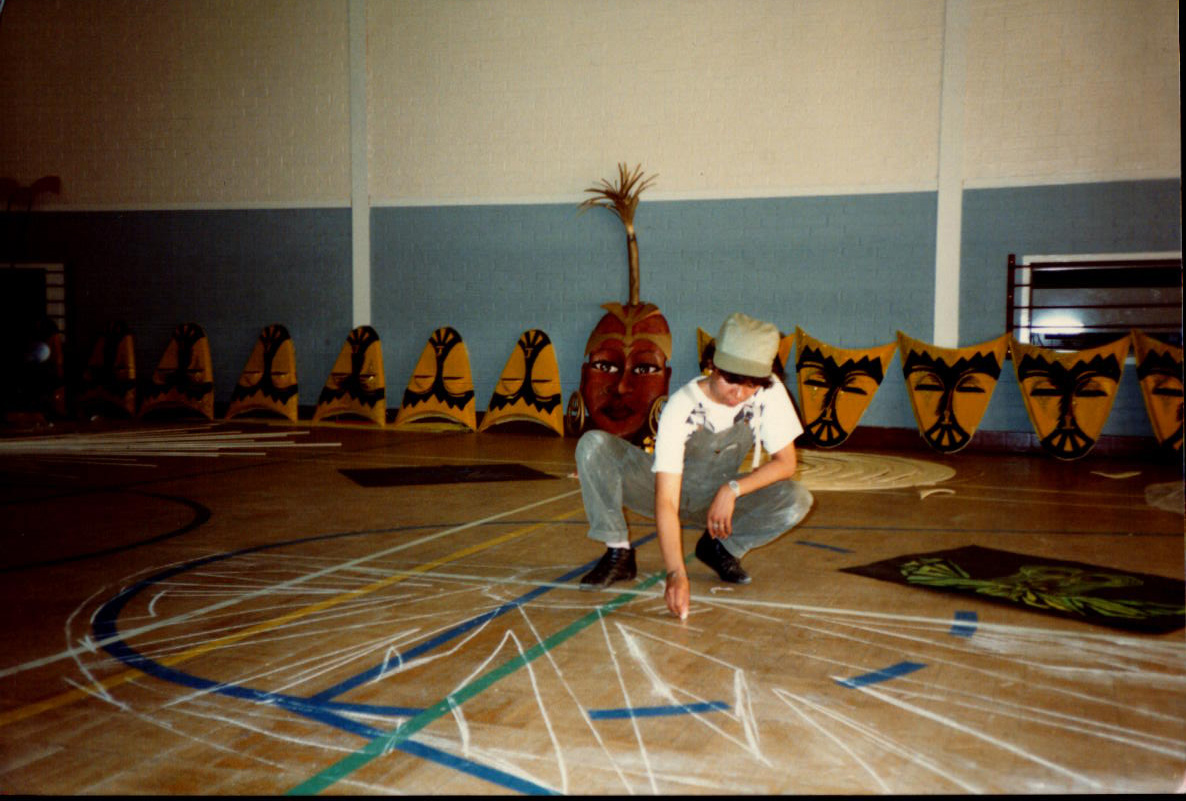
“Every influx of people from the Caribbean, or from Trinidad, bring with them their new understanding of carnival. It was good to be able to come at the time that I did come, and get involved when I did get involved, because it meant I’d come in the middle, she continues. “I met the old guys and that makes a big difference, because it means you understood why they wanted the culture to be established and how important it was to them.”
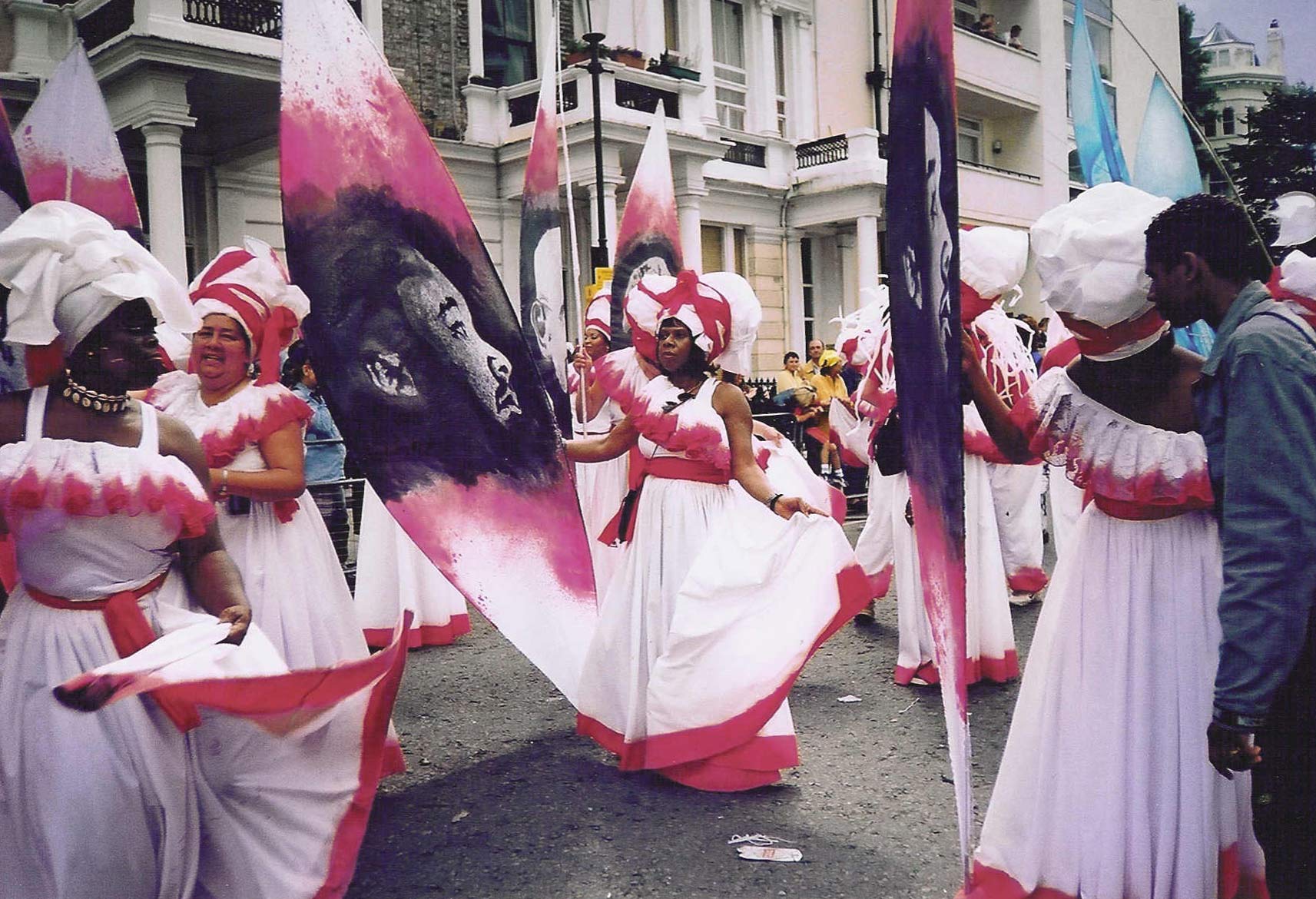
As Clary explains, carnival has always charted the events and histories of the islands through its costumes, and for her it’s critical to continue this tradition in her work. “The message in the mas is very important to me,” she says. “We always select a theme that allows us to make a point or some comment on the social condition, to help to educate kids and people about their heritage.”
The message in the mas is very important
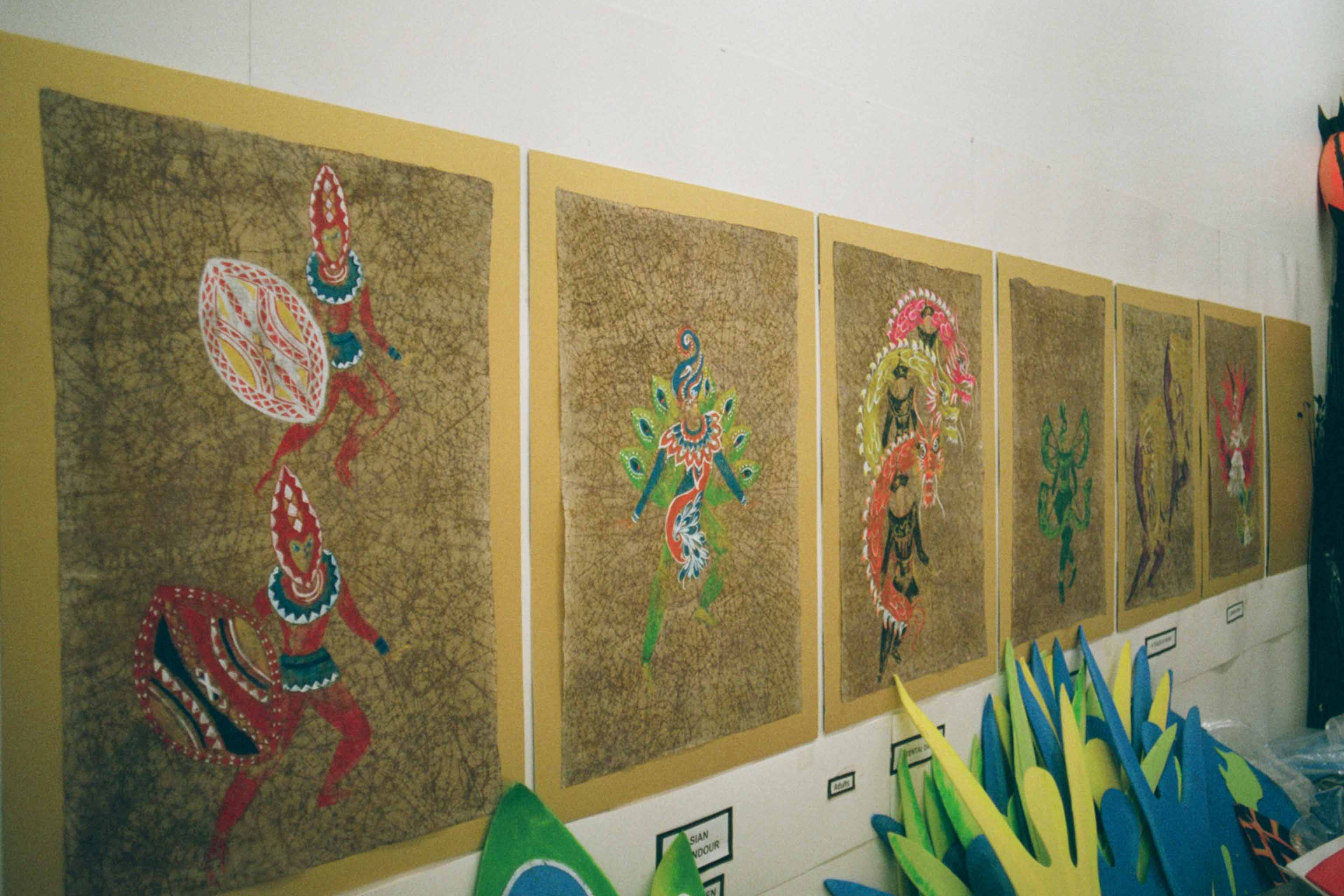
This year is no exception, with Clary taking as the theme for 2020 ‘The Time For Change Is Now.’ “We have put together a series of costumes that relate to today and the current climate we’re in,” she says. “There’s Covid, there’s the Windrush controversy, there’s George Floyd’s killing in America. So we have costumes that relate to justice and equality, and we have costumes too that say, “Thank you to the NHS.”
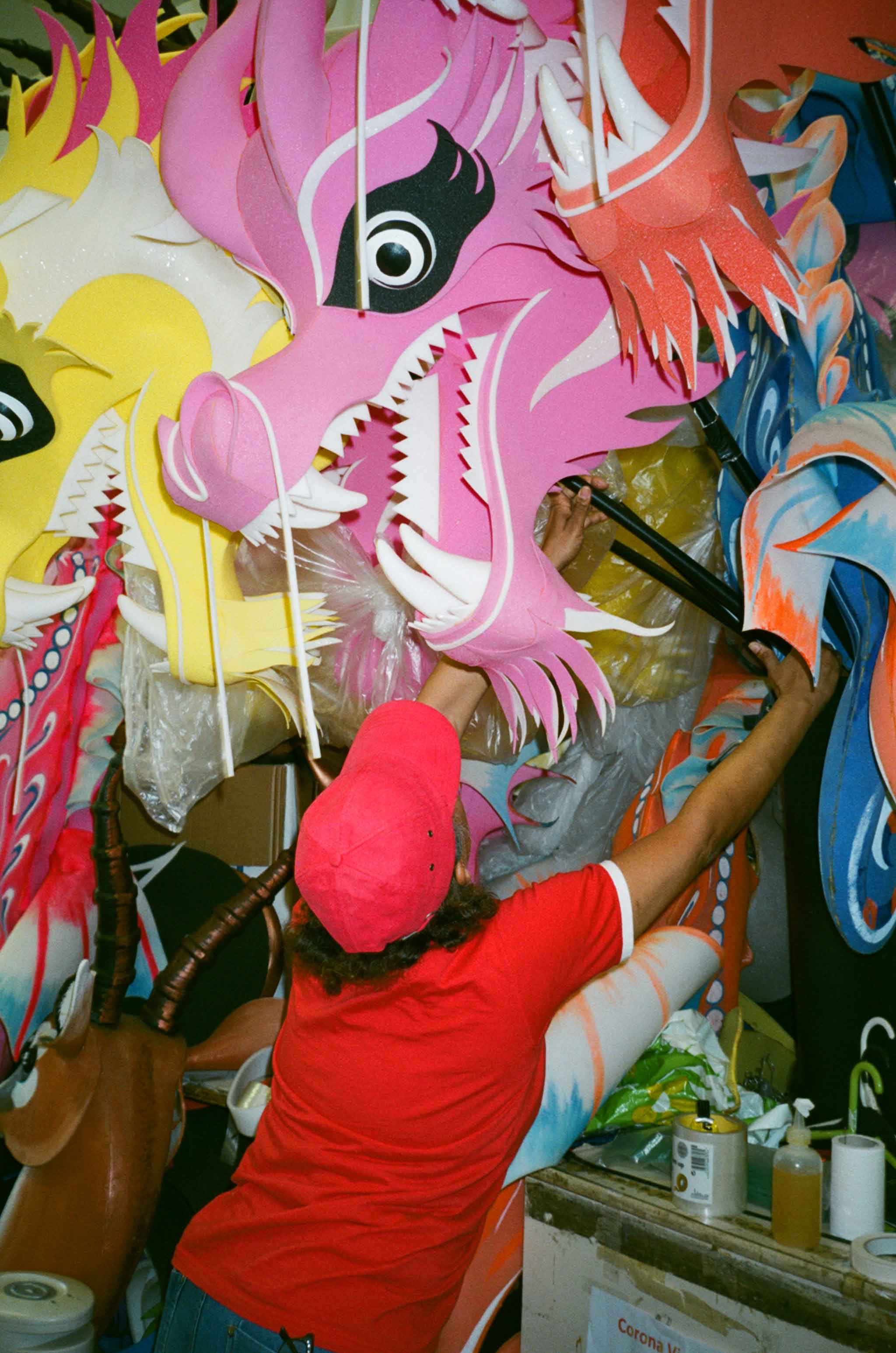
In the absence of a physical carnival, as well as creating costumes, the team have been taking part in film sessions to be screened online, and as Clary makes clear, the carnival online is as vital as ever. “Carnival being the very important commemoration of freedom, the journey to freedom that it is, to not be able to have it on the street is very difficult, because for those who know, and have read and understand the journey from the 1800s to now, you recognise how many people have sacrificed their lives to be on the street in celebration,” she says. “And so the online celebration, making sure we commemorate carnival no matter which way that it is, is incredibly important.”
Read More: Running Channel One Sound System With Mikey Dread.



